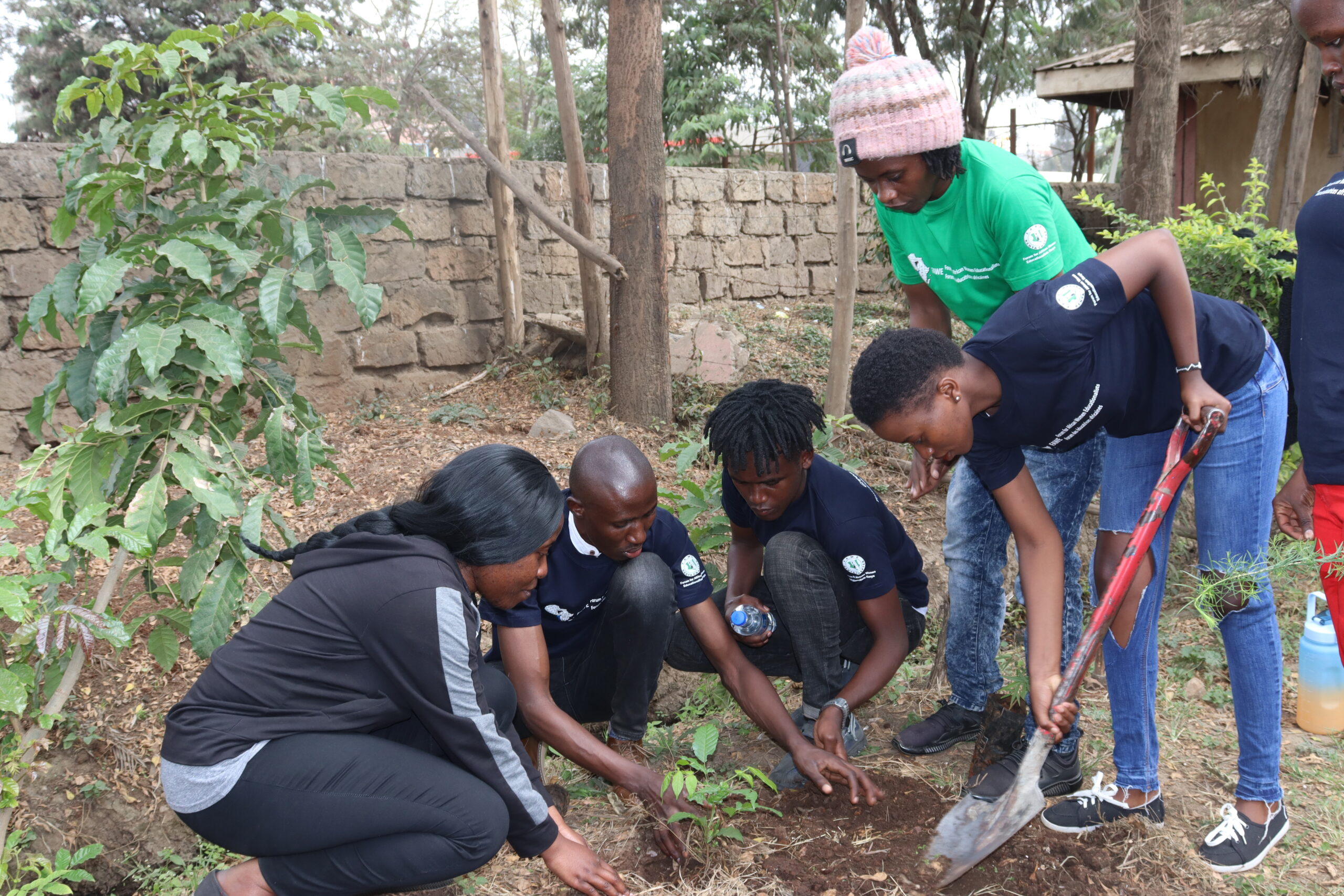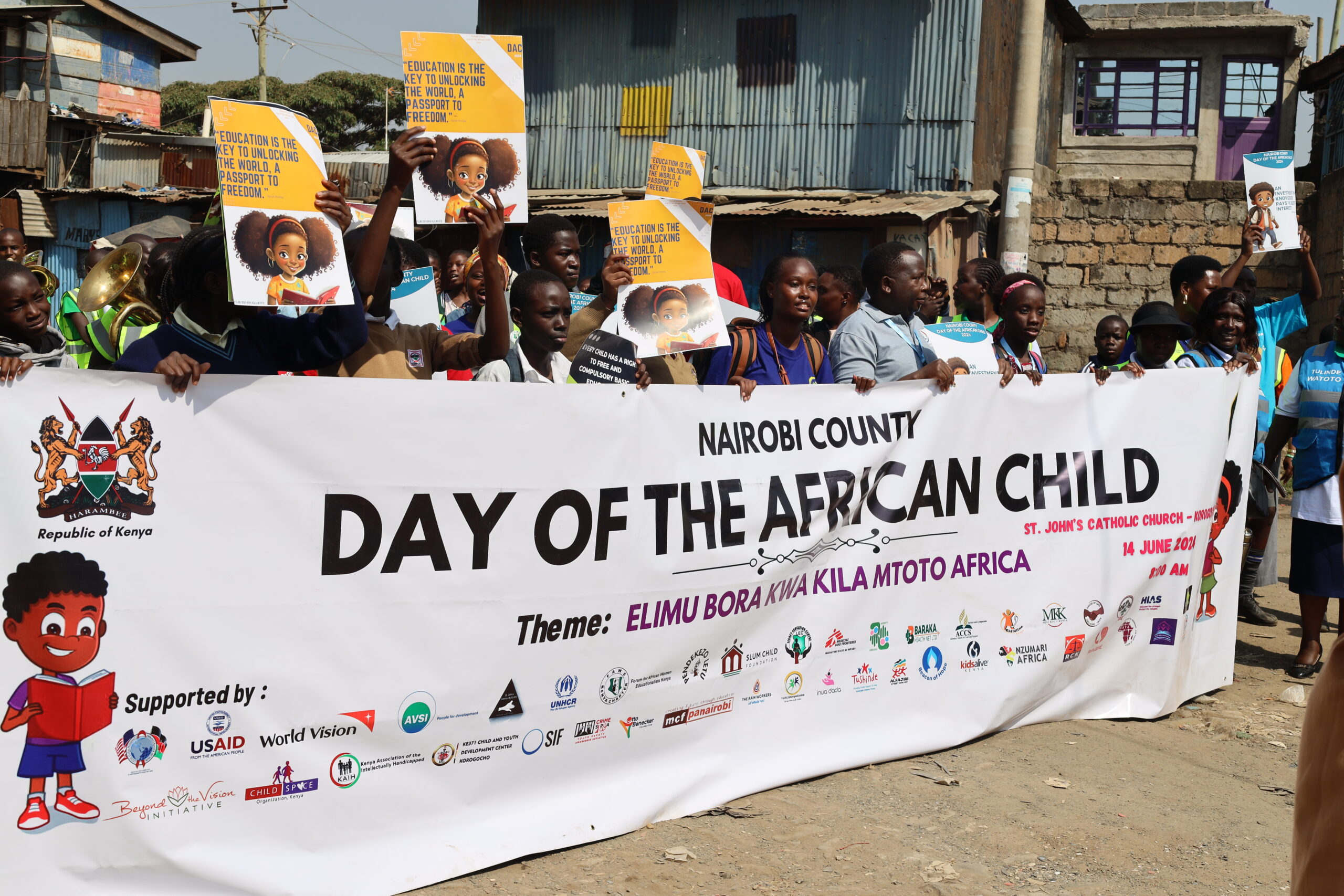By Shem Osomo,
Knowledge Management Officer
Introduction:
In a world faced with complex environmental challenges, the passion, energy, and determination of today’s youth are emerging as a driving force for positive change. As the International Youth Day celebrations focus on “Green Skills for the Youth: Towards a Sustainable World,” one aspect stands out prominently: the remarkable role young people play in advocating for policies that promote sustainability. Through their determination and innovative strategies, the youth are reshaping the dialogue on environmental issues and steering societies toward a more sustainable future.
Empowering the Advocates:
From Greta Thunberg’s Fridays for Future movement to the diverse voices of indigenous youth activists, young people are standing up for their future. Advocacy groups like Earth Guardians and Zero Hour harness the power of youth leadership to push for change. These groups not only raise awareness but also mobilize communities to demand policy reforms. Their efforts have led to cities declaring climate emergencies, countries revisiting environmental regulations, and international organizations pledging to address climate change more urgently.
Harnessing Digital Tools for Change:
The digital age has enabled youth-led movements to mobilize on an unprecedented scale. The Sunrise Movement, for instance, gained national attention in the United States for advocating the Green New Deal. The movement’s viral social media campaigns, combined with real-world protests, successfully put climate change at the forefront of political discussions. Similarly, the #FridaysForFuture hashtag has galvanized young activists globally, resulting in coordinated strikes and awareness campaigns that pressure governments to take meaningful action.
Raising Voices at Global Platforms:
From the United Nations Climate Change Conferences (COP) to the United Nations Youth Climate Summit, young activists are making their presence felt at international platforms. Greta Thunberg’s powerful address at COP24 drew global attention, reiterating the urgency of the climate crisis. Indigenous youth leaders like Autumn Peltier and Artemisa Xakriabá are also speaking out, highlighting the disproportionate impact of environmental degradation on their communities. By taking the stage at these global forums, youth advocates amplify their voices and demand accountability from world leaders.
Innovative Strategies for Impact:
What sets youth-driven policy advocacy apart is the innovative approach they bring to the table. In addition to traditional rallies and protests, young activists are using artistic expressions, such as street art and music, to communicate messages of urgency and hope. For example, the “Artivist” movement combines art and activism to create powerful visual narratives that resonate with diverse audiences. Youth-led organizations like Plant-for-the-Planet have initiated campaigns to plant trees, mobilizing communities for hands-on environmental action.
Collaboration and Intersectionality:
Youth-led advocacy is grounded in a commitment to collaboration and intersectionality. The Zero Hour movement exemplifies this by focusing not only on climate change but also on related issues like racial justice and gender equality. Recognizing that marginalized communities are often disproportionately affected by environmental challenges, youth activists are forming alliances to address the interconnected nature of social and environmental issues.
Conclusion:
The youth of today are not merely the leaders of tomorrow; they are the architects of a sustainable future. Through their tireless efforts, innovative strategies, and unwavering commitment, they are proving that policy advocacy is a powerful tool for driving environmental change. As we celebrate International Youth Day under the theme “Green Skills for the Youth: Towards a Sustainable World,” let us recognize and support the youth in their mission to reshape policies, influence decisions, and pave the way for a world that thrives sustainably for generations to come. Their passion, courage, and determination inspire hope and a collective responsibility to create a better, greener world.






Leave A Comment